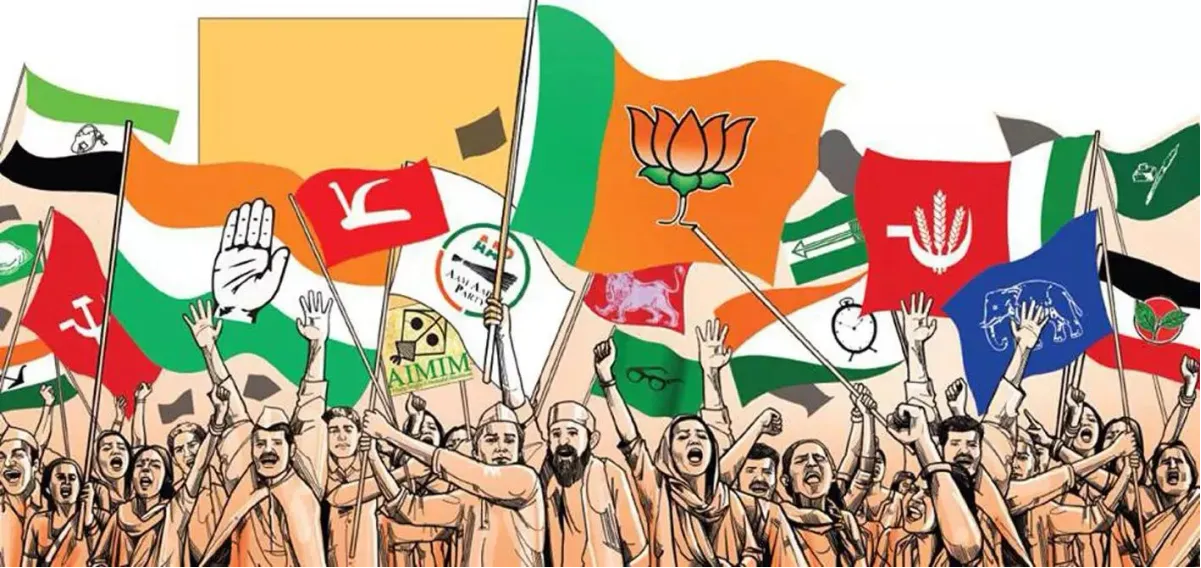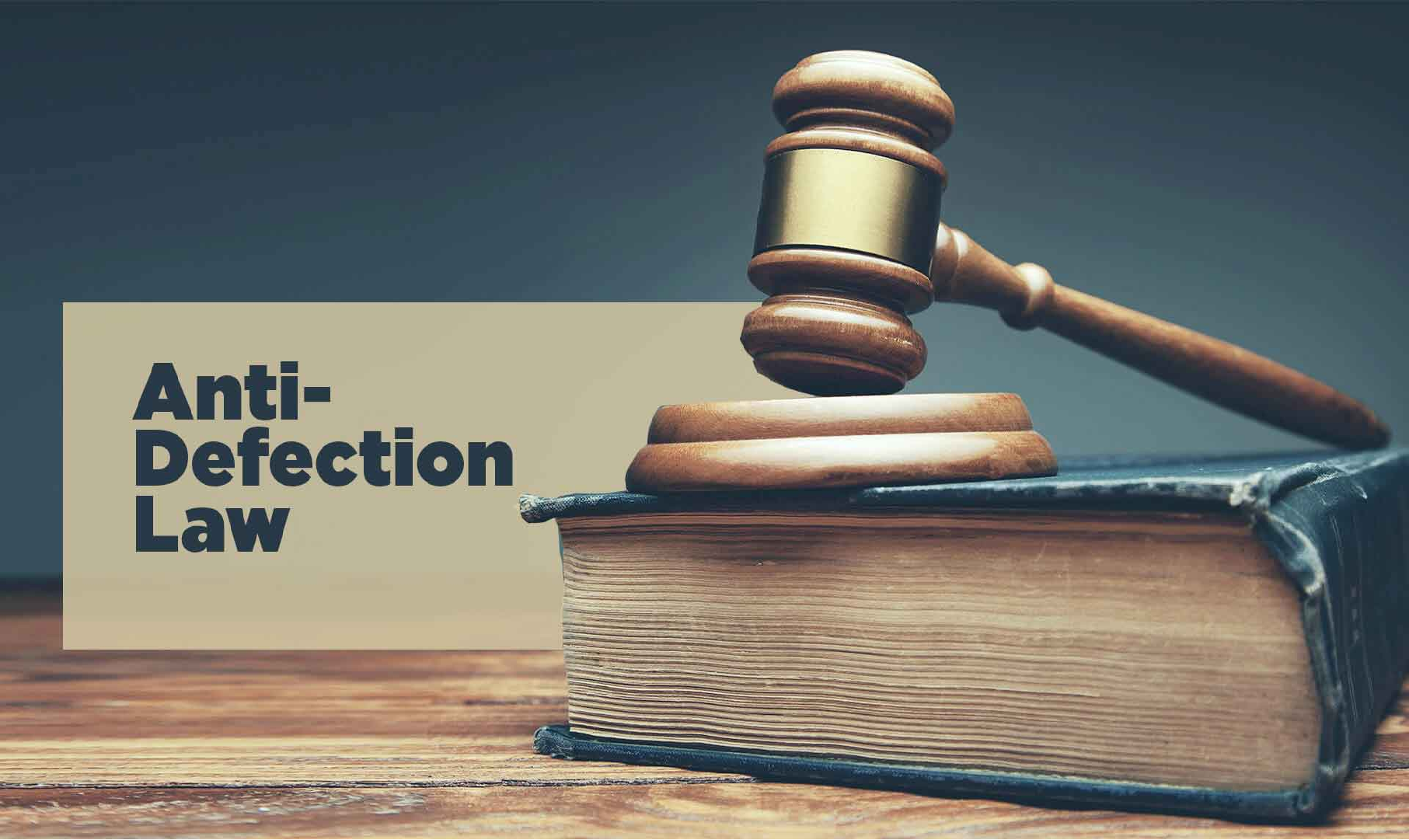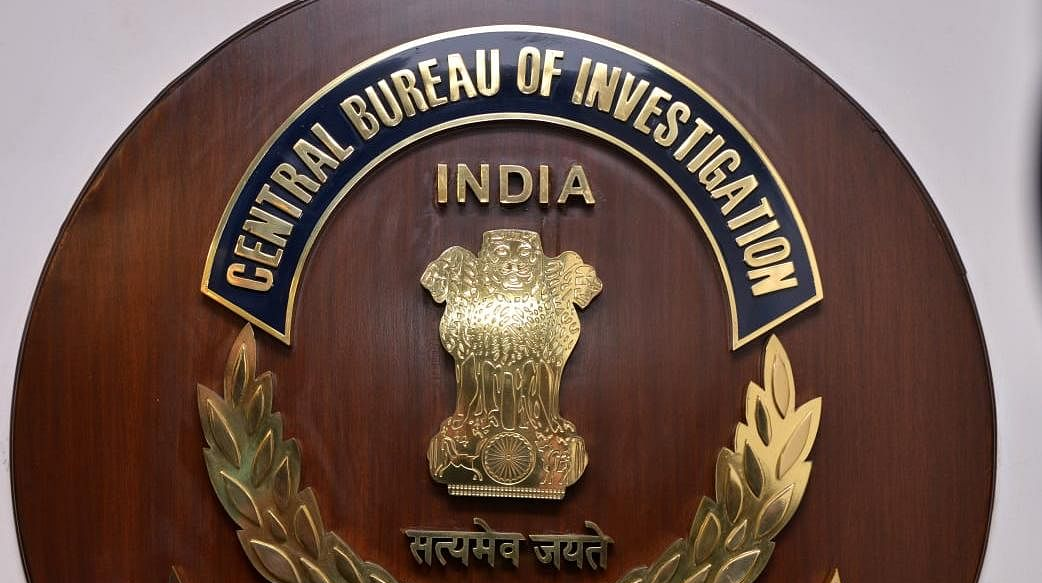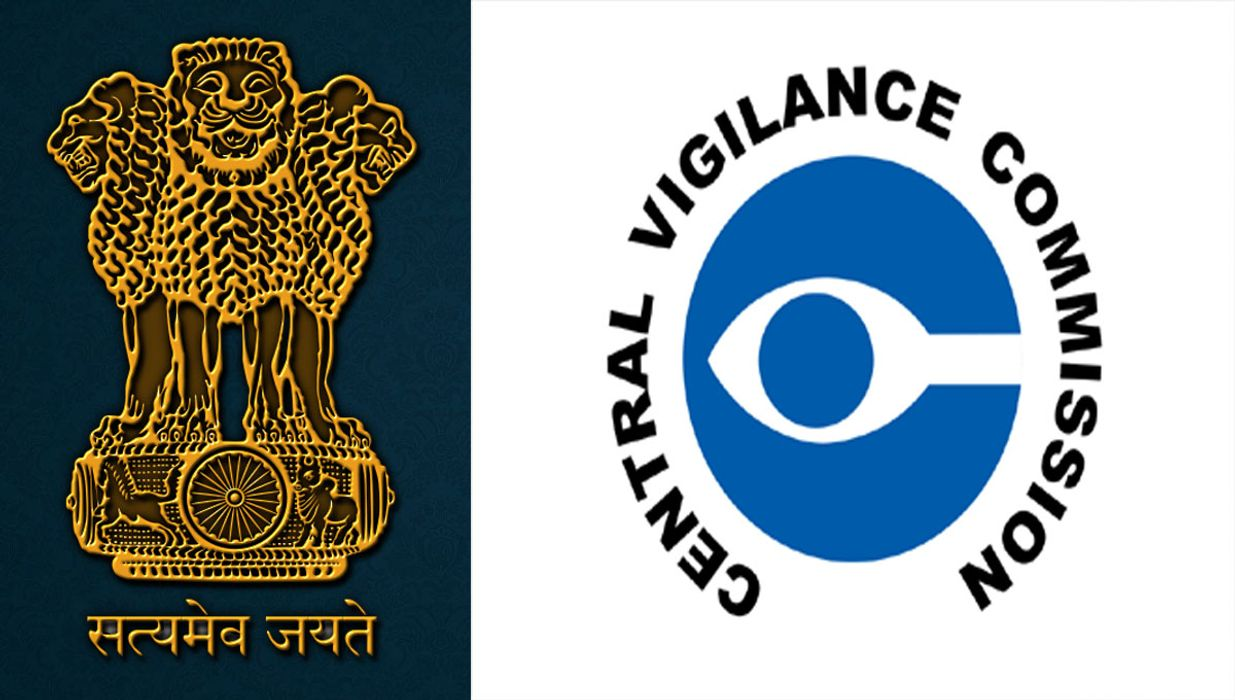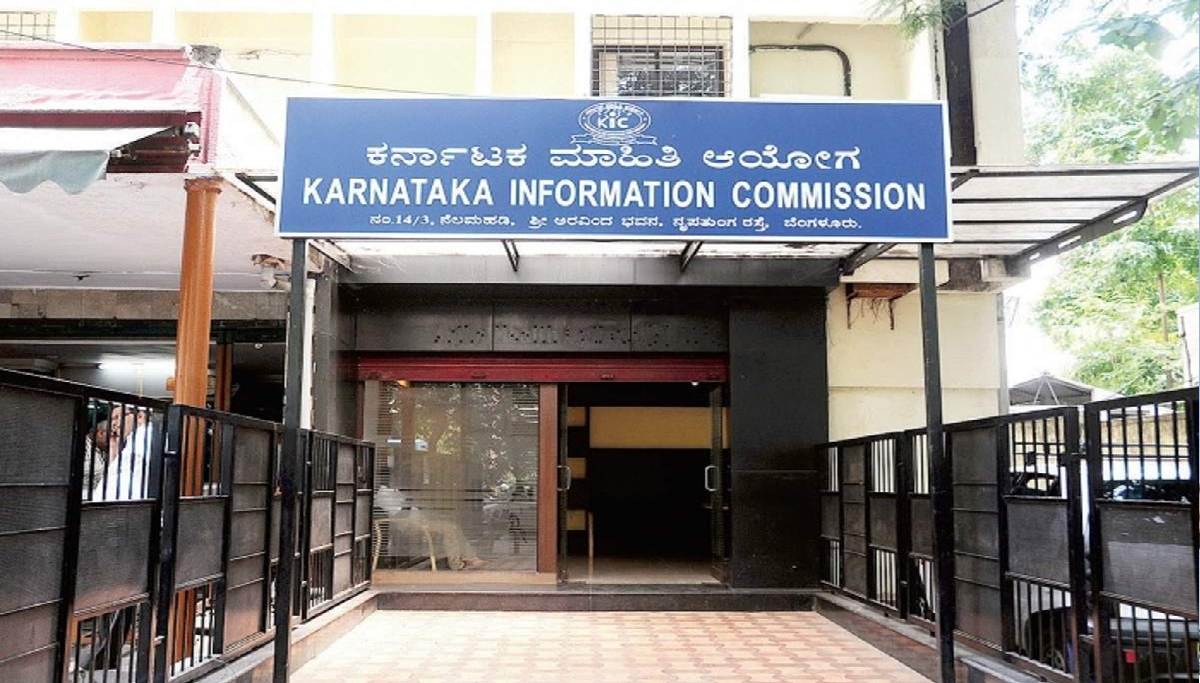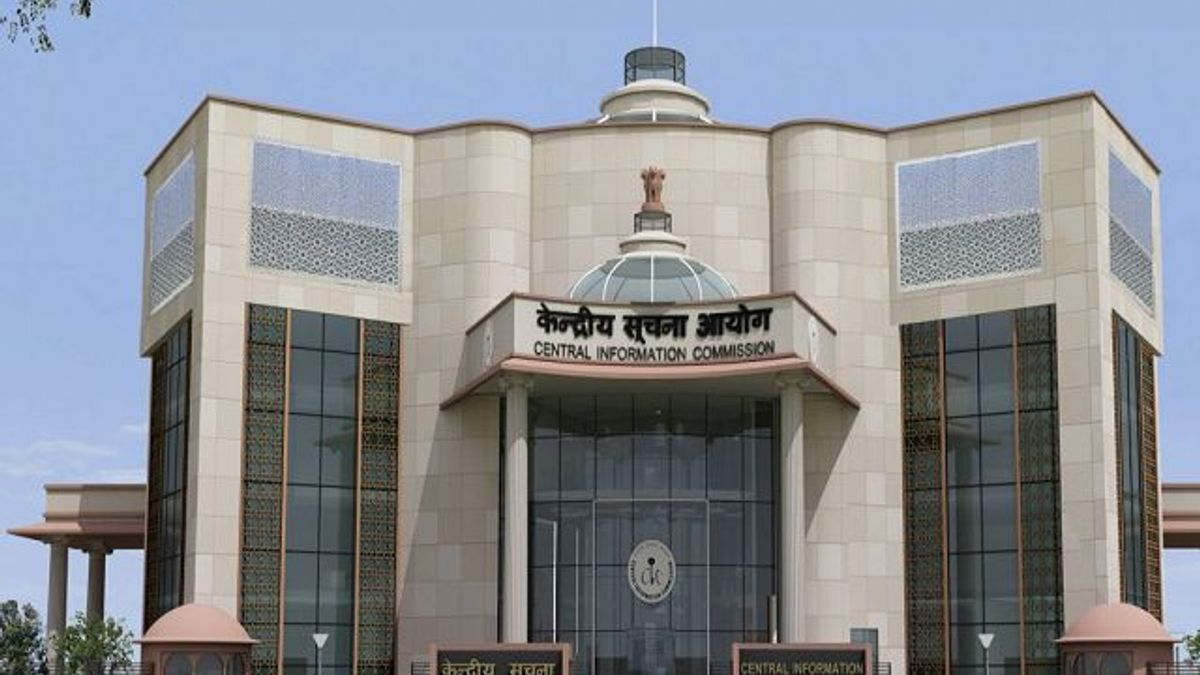PROPERTY IS REAL, AND SO SHOULD THE ‘COMPENSATION’
SYLLABUS: GS 2: Indian Constitution—historical underpinnings, evolution, features, amendments, significant provisions and basic structure. Focus: In a landmark verdict to protect the interests of landowners against acquisition of their property by the government, the Supreme Court of India ruled that all acquisitions would have to pass the test of Article 300A. Source: Legal service India …
Read More
